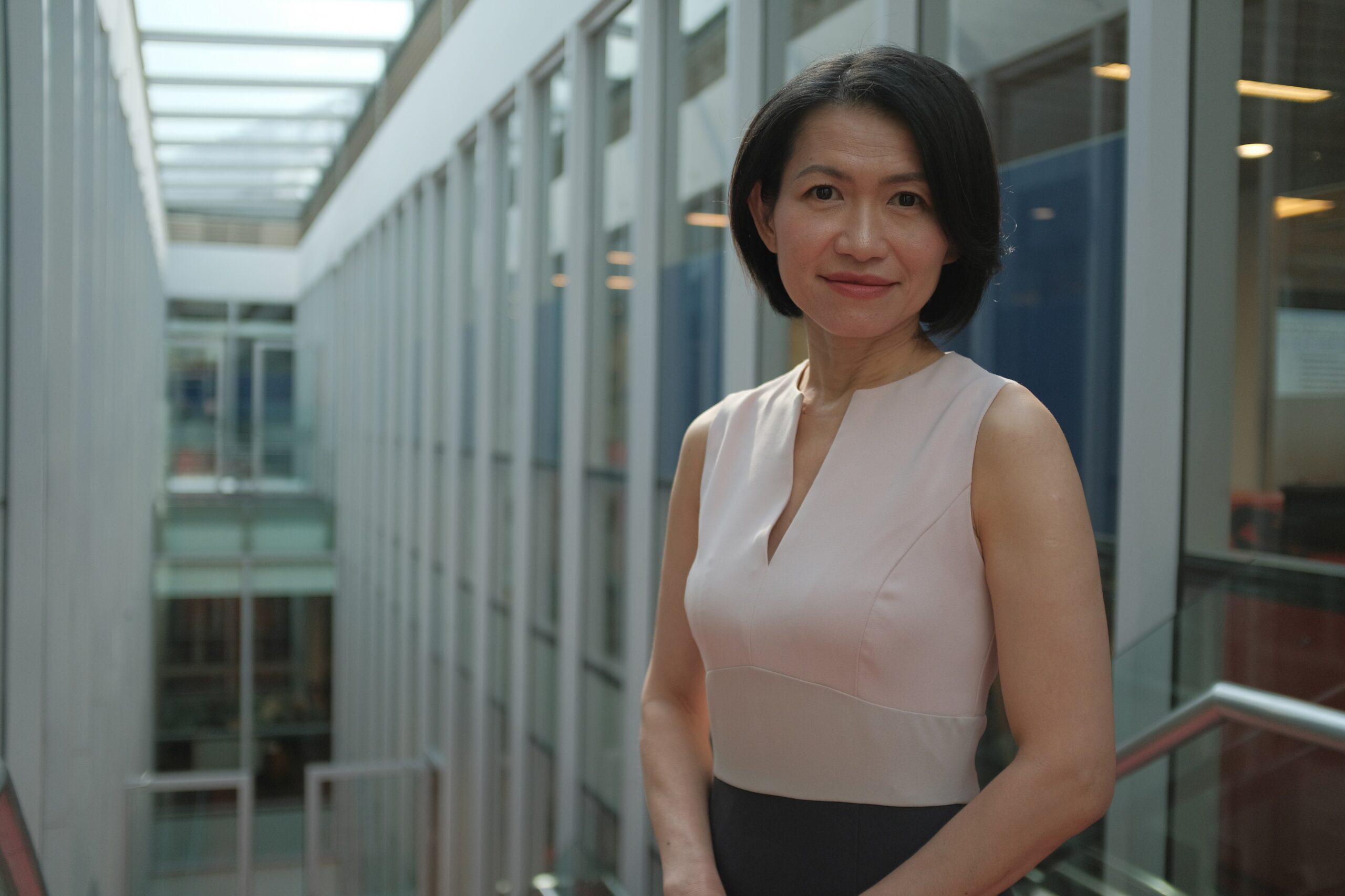Vietnam HR: Driving change, fostering engagement, and building a competitive edge
- Josephine Tan

“HR in emerging markets like Vietnam is gradually transcending its traditional roots, emerging as a function that shapes organisational culture, drives employee engagement, and creates competitive advantage across global markets.” – Associate Professor Elaine Chew, Acting Associate Head for Research, Department of Management, The Business School, RMIT University Vietnam
In an era marked by rapid digital innovation and shifting workforce demographics, Vietnam stands at the crossroads of transformation, offering unique opportunities and challenges for HR professionals. As the nation’s economy evolves, HR is stepping beyond its traditional administrative role to become a strategic driver of organisational culture, employee engagement, and competitive advantage.
In this two-part series, HRM Asia delves into insights from Associate Professor Elaine Chew, Acting Associate Head for Research, Department of Management, The Business School, RMIT University Vietnam, to explore how HR in Vietnam is adapting to the demands of a dynamic workforce, leveraging digital innovation, and navigating cultural shifts towards more egalitarian workplace models.
How do you see the role of HR evolving in emerging markets like Vietnam, especially in the context of digital innovation and changing workforce demographics, and what are the challenges HR professionals face compared to more developed regions?
Elaine Chew: HR in emerging markets like Vietnam is gradually transcending its traditional roots, emerging as a function that shapes organisational culture, drives employee engagement, and creates competitive advantage across global markets. Modern HR departments are redefining their role of administrative functions to strategic partners. This global shift is particularly pronounced in emerging markets like Vietnam, where digital innovation and changing workforce demographics are accelerating workplace transformation.
Vietnam has a young workforce (between the aged of 25 and 54) with a sizable number of women (2022: 48%, equivalent to 24.3 million) and only 37.3% (19.5 million) of employees are in urban areas due to a traditional economic focus in agriculture. With this backdrop, it would be challenging for HR to expect the rural workforce to migrate to urban areas where foreign manufacturing hubs are set up. Still, Vietnam offers cost advantages to foreign organisations with its young low-cost labour force.
At the national level, one of the key national challenges in Vietnam is upskilling of the workforce around vocational skills. Despite the threat of digital innovation that may augment job roles and render career change, 45% of the respondents in a PwC 2022 survey do not see reskilling as their responsibility while being concerned with job security. Therefore, reskilling and upskilling initiatives by HR may be highly appreciated by the young workforce for future employability.
At the organisational level, HR may face rehiring and deployment for key jobs to replace non-tech and AI-savvy workforce. In the PwC Vietnam 2022 survey, 90% believe technology will result in career change in the medium term (6-10 years). Although 88% noted organisational opportunities to improve their digital skills, HR in Vietnam should take the investment attitude to educate its workforce to apply critical thinking skills in the use of AI-generated content.
While digital transformation is a key government direction, digital innovation in Vietnam is predominantly for work efficiency and digitisation of customer information. A 2023 HR Forum by RMIT Vietnam, in collaboration with Deloitte, revealed that while organisations are curious about AI for business, they preferred to take a sit-and-wait attitude due to various ambiguities and the lack of clear sign for success. Perhaps, most of the HR may not see AI readiness critical yet. Therefore, employers in Vietnam may equip young managers with skills to use a diverse kind of data (e.g. enterprise, market, public, user interaction) to make data-driven decisions.
How has Vietnam’s shift towards more egalitarian workplace models, along with the growing focus on gender equality and work-life balance, influenced leadership, decision-making, and HR policies, and what lessons can other countries draw from these changes?
Chew: The shift to egalitarian workplace model in Vietnam is gradual but this new landscape is sure to come as more young talents take centre stage in leadership and there is a wider spread of foreign good practices in the business ecosystem. Business conglomerates tend to be highly hierarchical in managing people and business while relatively small organisations are agile in embracing modern workplace models.
Research shows that leaders in Vietnam tend to use a combination of leadership styles to suit situations. Due to different life experiences, Gen Xers in Vietnam use relatively more autocratic leadership for work efficiency and stability while the younger leaders prefer egalitarian workplace models. Foreign organisations that adopt egalitarian workplace models tend to be those from the West that also drive gender equality and work-life balance agenda.
It still matters to recognise the local context such as culture, history and timing. Unfortunately, Vietnam is going through a period of trial and error in embracing the egalitarian workplace model. Hence, it still makes sense to use a combination of leadership styles while adopting more of the egalitarian workplace model.
Similarly, the Western concepts of gender equality and work-life balance may be better embraced when strong local nuances are considered in the HR policies and implementation. For instance, community values, affinity to harmony, collective efforts and ownership are useful to interpret how gender equality and work-life balance can be successfully adopted without causing a dent in company budget.
Stay tuned for the second part of this series, where Chew will delve into how organisations in Vietnam are addressing the challenges of motivating employees, ensuring workplace happiness, and creating environments where employees can truly thrive.
Stay ahead of the curve and gain valuable insights into the future of HR in Vietnam by attending CHRO Vietnam 2025. Taking place from 19-20 March 2025 at Caravelle Saigon Hotel, CHRO Vietnam will explore innovative strategies, from AI-powered talent management to data-driven recruitment, helping HR leaders to thrive in Vietnam’s rapidly evolving business landscape. Register here to secure your spot and be part of the HR transformation in Vietnam!






